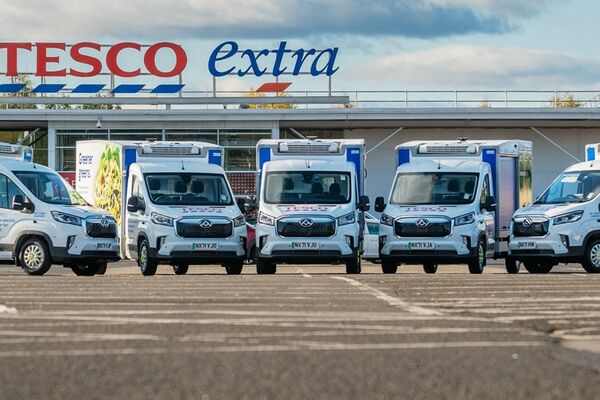In an open letter addressed to the European Commission, thirty structures ask to bring forward by five years the end of the marketing of new vehicles with thermal engines for company fleets.
One-upmanship around the end of life of thermal vehicles in Europe. If the European Parliament confirmed, on February 14, the ban on the sale of new thermal vehicles in 2035, now thirty companies and associations are demanding to bring forward the deadline by five years, so that the fleets of company have no choice but to drive zero-emission vehicles from 2030.
In this letter addressed to Ursula von der Leyen, the President of the European Commission, the signatories write that “accelerating the electrification of fleets can offer the European Union a triple victory: rapidly reducing emissions from road transport, wean the European Union from Russian oil imports; and finally, creating a thriving second-hand market for electric vehicles.”
They call on the European Commission to “propose a regulation by October 2023 at the latest, setting a binding target for zero-emission purchases for corporate fleets as follows: by 2030, all new cars and company vans must be zero emissions as well as broaden this scope to commercial vehicles and set binding purchase targets for fleets of a certain size”
What Are The Signatory Companies?
Not surprisingly, among the signatories of this open letter are several players in the world of electric charging as well as energy companies, or their subsidiaries. Thus, we note the presence of Chargepoint, Fastned, EVBox or Luminus (subsidiary of EDF) and Vattenfall. The Avere and Climate Group EV100 associations are also involved.
On the business side, we find in particular Coca-Cola European Partners (whose fleet is undergoing conversion), Ikea, Tesco, Unilever and the rental company LeasePlan.
This article is originally published on auto-infos.fr









